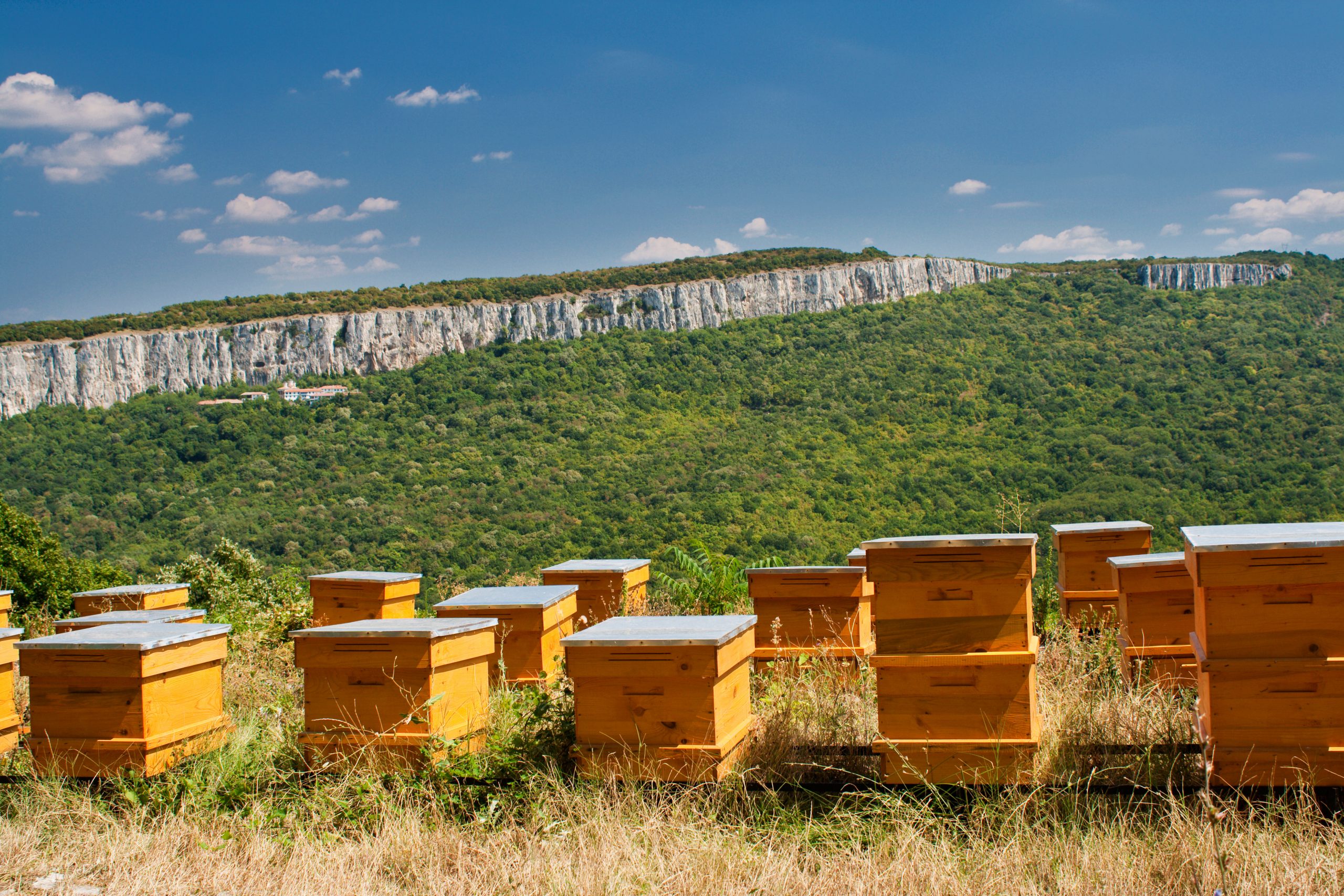Environment, Not Agriculture, is New Zealand's Backbone
June 22, 2016
If one has only a general knowledge of New Zealand (or just knows it as Manuka honey’s homeland), it’s safe to say the image one has in mind regarding New Zealand is one of lush green hills below the jagged, sine-wave of white-capped mountains, with deep blue water somewhere in between. It’s also safe to say New Zealand’s environment is likely a key selling point of this small island country. One scholar, Dan Steele, who is also the sheep, beef, and tourism operator at Blue Ducks Station on the Whanganui River, is even calling New Zealand’s environment its economic backbone that links its two main export industries—agriculture and tourism—and is the country’s competitive advantage in global markets.
Steele published the report "Why being true to brand New Zealand is the best option for New Zealand agriculture" after completing research for the Nuffield scholarship, intended to influence decisions that affect farmers. "Agriculture and tourism…are inherently linked and both live or die on our environmental health and reputation, but our environment is regressing, and unless this is addressed now, our economy will regress." By Steele’s research, if New Zealand genuinely strives to achieve this vision, it would bolster its reputation and better link choices made within environmental management with its global brand.
Steele sees an opportunity “staring New Zealanders right in the face” to change the perception of tourists who come to New Zealand and see it’s not as green as they thought. While establishing Blue Ducks’ eco-tourism operation, Steele realized the close link between agriculture, tourism, and the environment (hence why he performed his study with the Nuffield Scholarship). The 3700-acre property receives 8,000 visitors per year, who spend money experiencing farm life before evolving to bush walking, kayaking on the Whanganui River, horse trekking, bush safaris, guided hunting, clay target shooting, and jet boating to the Bridge to Nowhere.
Through research and observation, Steele declared New Zealand and places like Blue Ducks market New Zealand as a destination and for its agricultural products, but it doesn’t have a clear economic, environmental, or any other strategic vision. “New Zealand needs a collaborative strategy, an overall environmental vision---particularly in relation to farming is lacking, and one must be developed…[NZ] needs a plan of who we are and how we fit into the world market. The plan needs to be collaborative between our main industries, agriculture and tourism.”
Furthermore, Steele’s home cannot keep boasting beautiful clean images while compromising the environment. "Farmers need to own up to environmental issues and leapfrog urban environmental management, producing healthier food products from healthier ecosystems and diversifying and adding value to what we do." It presents a challenge to produce a productive and sustainable society without harming the environment. "Our environment,” Steele says, “if we care for it, will care for us. The golden goose is not a quick fix silver bullet, but a long-term collaborative approach addressing agriculture's environmental balance and developing an integrative strategy for New Zealand's future."


.jpg)




